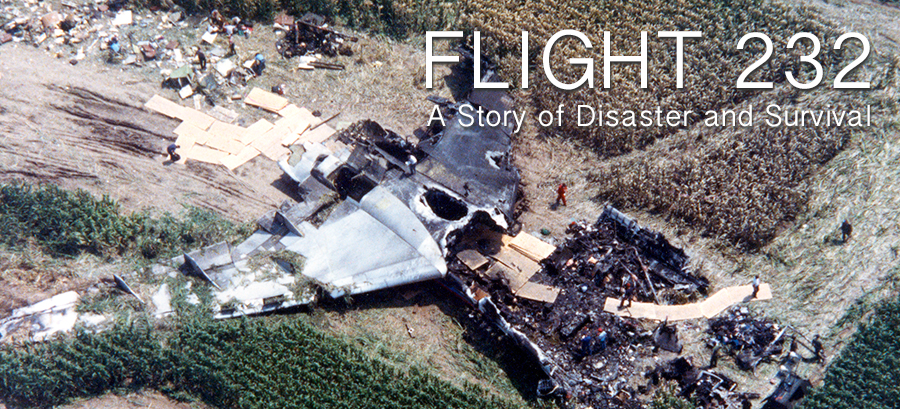
PROLOGUE
Gregory S. Clapper drove into the hills overlooking Sioux City, Iowa. He had taken the afternoon off to see a movie with his wife Jody and their two daughters, Laura, seven, and Jenna, five. Not only would he enjoy the warm nostalgia of seeing the original Walt Disney version of Peter Pan—“You can fly! You can fly! You can fly!”—but he and his family could escape the heat. Although the temperature on that Wednesday in July was only 80 degrees, a storm two days earlier had left the humidity steaming off the fields of corn and soybeans and made the day feel much hotter.
Tall and lanky, a youthful thirty-seven, Clapper, who taught theology, had an aspect both serious and gentle. That put people at ease and made him more effective as a college professor. It also helped him in his role as the chaplain for the 185th Tactical Fighter Group of the Iowa Air National Guard, which had its headquarters at the Sioux City airport. Clapper parked the car and stepped out with his wife and daughters. As the family crossed the hot paving toward the theater at the Southern Hills Mall, a sudden roaring whine turned Clapper’s gaze skyward. Silhouetted against a bright sky, the dark form of a jumbo jet, low and tremendous, surged over the bluffs, its engines moaning in an odd uneven fashion. It appeared to be heading for the Sioux Gateway Airport. Clapper thought, “Jumbo jets don’t land at Sioux City.” As he watched, stilled, with one of his little girls’ hands in each of his, the plane crossed Highway 20 and Morningside Avenue and flew over Sertoma Park. It then sank out of sight. His family was waiting, but for some reason Clapper continued to watch. They stood that way, this tableau of people beneath the sun, for what seemed a long time but was in reality only seconds. Then a reef of black smoke rose and coiled from beyond the industrial buildings, and a low, almost imperceptible, rumbling vibration shook the pavement. Clapper felt his face go clammy.
He led his family back to the car. His children may have been asking what was going on, but it was as if he’d gone deaf. He opened the car and put the key in the ignition. He turned on the radio. Music, static, voices. Then an announcer, with grim solemnity, said that he had received an unconfirmed report that a plane had crashed. Clapper felt “a crushing sensation” in his chest. He started the car.
“Jody, Laura, Jenna, get in the car,” he said. His wife buckled the girls in, and Clapper fled the mall for the nearby entrance to Interstate 29. He drove south toward the airfield. Perhaps five minutes had elapsed since he saw the smoke, yet already a state trooper was blocking the exit to the field. Clapper pulled up, wondering how the police had arrived so soon. He rolled down his window and showed the officer his military ID. “I am a chaplain and need to be at the crash scene,” he said.
“I don’t care,” the officer said. “No one is getting off here.”
Seeing that arguing would not work, Clapper pulled the car another hundred feet down the highway and put it in park. “Jody,” he told his wife, “take the kids back to the theater. There’s nothing you can do here. I’ll get my own ride back home.” Then Clapper started running down the highway toward the column of grimy smoke that rose into the clear blue sky.
 "Searing...
"Searing...